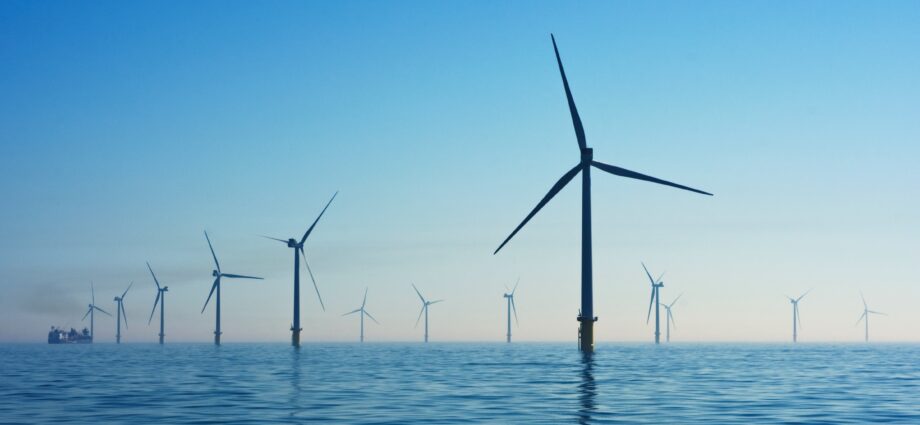
by Matt Davies
January 5, 2024
In a monumental leap towards sustainable energy, Germany achieved a significant milestone last year, with renewable energy accounting for as much as 55% of the country’s gross electricity consumption during the year, according to the sector’s regulator.
This represents a 6.6% increase compared to the previous year and marks the first time Germany has surpassed the 50% mark for a full year.
“We have broken the 50% mark for renewables for the first time,” said Robert Habeck, Germany’s Economy Minister. “Our measures to simplify planning and approvals are starting to take effect.”
Among the renewables, offshore wind accounted for 31.1%, solar energy for 12.1% and biomass for 8.4%. The rest, 3.4%, came from hydropower and other renewables, regulator Bundesnetzagentur said.
“The numbers show that we are on the right track,” said Kerstin Andreae, Chairwoman of the Federal Association of the Energy and Water Industry (BDEW) Executive Board. “Many people once believed that renewables only accounted for a single-digit share of electricity consumption, but today we use more electricity from renewable sources than from conventional sources and have our sights firmly set on 100 percent renewables.”
Throughout the year, certain months stood out with exceptionally high proportions of renewable electricity. July led the way with an impressive 59%, closely followed by May at 57%, and both October and November each recording 55%.
June witnessed a groundbreaking achievement as electricity generation from photovoltaics reached an all-time high, producing 9.8 billion kWh of solar energy. Simultaneously, onshore wind energy contributed substantially, setting a new record of 113.5 billion kWh for the entire year.
Moving forward, Germany plans to have renewable energy account for 80% of its power grid by 2030.
“The path to a completely climate-neutral power supply was and is not a sure-fire success. We can only achieve the second 50% if politicians continue to consistently remove all hurdles to the expansion of renewables,” BDEW’s Andreae said, adding:
“Companies in the energy industry would like to invest in the energy transition, but despite improvements in legislation, they are still too often slowed down by lengthy approval processes, excessive bureaucracy and a lack of space. With our call for more pragmatism here, we address all levels, from Europe to the federal government and the states to the municipalities. We need an attitude of success right into every office.”
As Germany continues to lead the way in sustainable energy practices, the 50% mark serves as a crucial benchmark. The achievement not only paves the way for further advancements in renewable energy but also sets a global example for nations seeking a cleaner and more sustainable energy future.
Subscribe to our newsletter.
This article was originally published on IMPAKTER. Read the original article.


